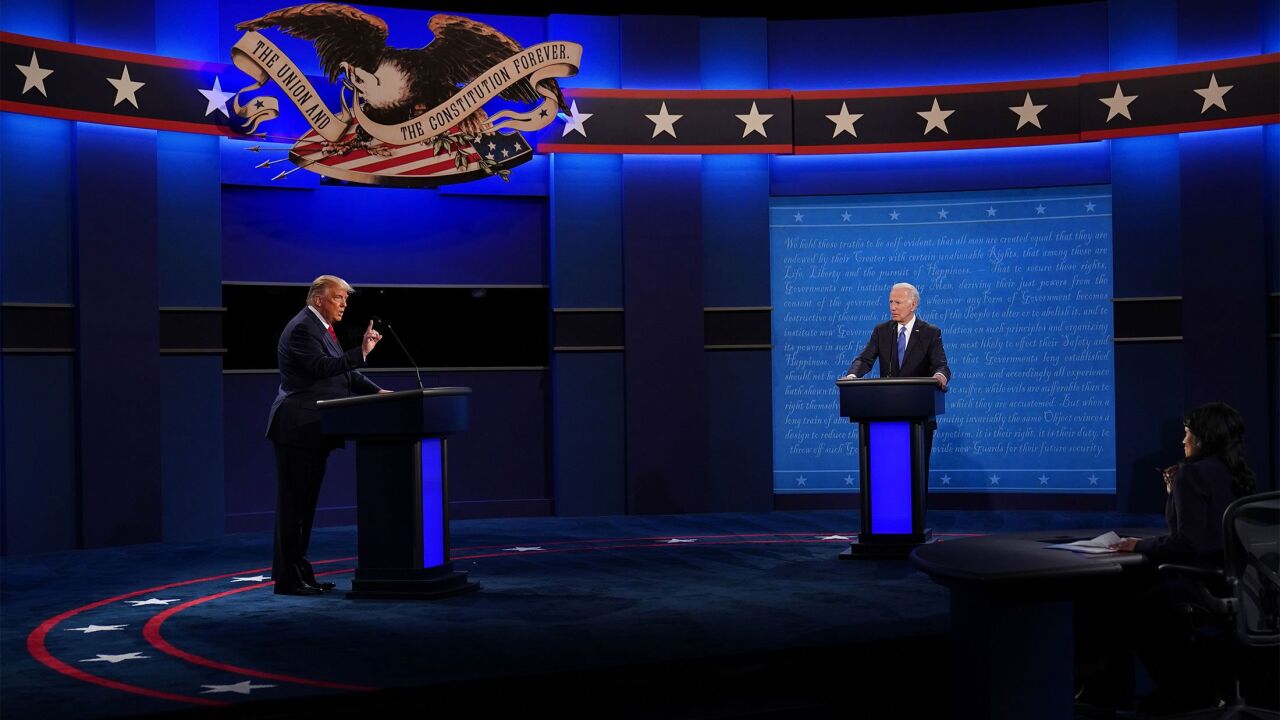The Internal Revenue Service provided initial guidance Tuesday on how to deal with the rule changes surrounding the executive compensation deduction after passage of the Tax Cuts and Jobs Act last year.

The notice provides guidance on the amended rules for identifying covered employees and the operation of the grandfather rule. Section 162(m)(1) disallows the deduction by any public company for employee remuneration over $1 million paid to any covered employee such as a CEO or CFO for the tax year. The new tax law says the amendments to section 162(m) don’t apply to a remuneration provided under a written binding contract that was in effect on Nov. 2, 2017, and that wasn’t modified in any material respect on or after that date. The text of section 13601(e) of the TCJA is almost identical to the text of the earlier section 162(m)(4)(D), which provides a grandfather rule addressing the initial addition of section 162(m) to the tax code and grandfathers remuneration payable under a written binding contract that was in effect on Feb. 17, 1993, and which wasn’t modified after that in any material respect before the remuneration was paid.
The notice provides guidance on the definition of “covered employee” and whether it applies to employees who served as executive officers at the end of the taxable year. The IRS and the Treasury Department have determined from the legislative history that there is no end-of-year requirement. The notice also includes guidance on when a contract is considered to be materially modified so it’s no longer grandfathered.





